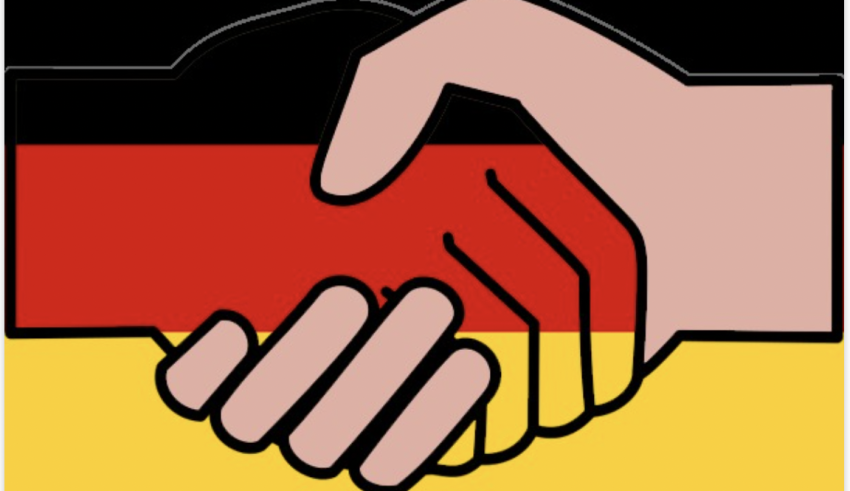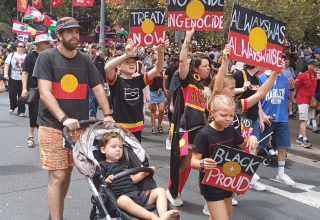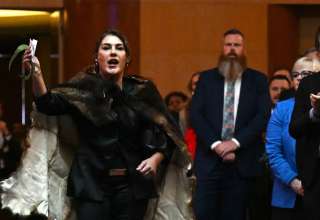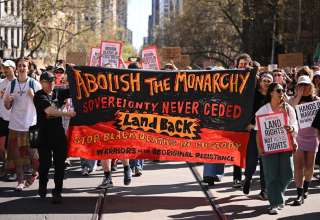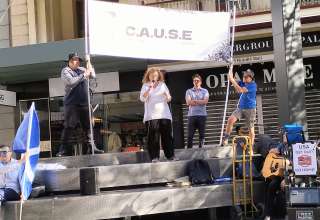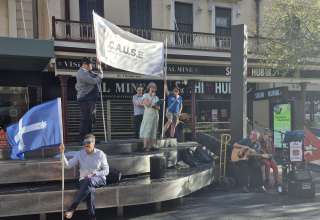by Lyn Longo
If one survives to a reasonable old age, we all carry scars. Some have been impacted by family violence, the death of a partner, child or other significant person. Many bear the physical scars of accidents, have health issues, disability, or carry the results of a dissolute youth. Our scars may be visible to the eye, but more often it is the injuries to our inner being that cause the most angst.
I am a privileged woman of Caucasian heritage, living in a country that has a high standard of living for those like myself. Yes, I carry scars, but they are not life limiting and do not prevent me from having a productive and happy existence.
The same cannot be said for our Indigenous brothers and sisters. Imagine the scars they carry from colonisation where the conquerors denied their very existence on this ‘terra nullius.’ They were not even included in the census until 1971, not so long ago.
How can an Aboriginal person feel a sense of identity when their languages were banned, their cultural practices sneered at and their way of life treated with contempt. What chance do they have of living a long and fulfilling life? Torn from country and herded into missions where sub-standard accommodation ensure they are second class citizens. Drugs and alcohol sold by greedy profiteering white people fracture families and lead to the downward spiral of addiction, purposelessness and incarceration.
The scars of systemic and personal racism prevail throughout the Aboriginal community. Unable to gain employment, assumptions made about their honesty, integrity and sobriety. Ever suspicious eyes that follow them when they enter a shop. The young ones excluded from the white children’s games and exposed to an education system where there is little evidence of the black persons more than 60,000 years of continuous culture on this continent.
An Aboriginal woman who I admire for her activism, tolerance, support of culture and family values, recently described her attempted suicide. The scars of childhood trauma, societal violence, prejudice and exclusion had become too much to bear. She cites the intervention of the Ancestors and God in saving her from self-destruction. I saw this as the ultimate reconciliation of two belief systems with the same positive goal.
In preparing for the vote in the referendum that would have given the Indigenous citizens a voice, not a veto, I gave much thought, read widely, explored the websites, listened to debates and above all spoke to Aboriginal people on the issues. I respect and understand the position of some Aboriginal women who do not trust we white fellas to act in their interest. I appreciate their concerns that it may be tokenism and detract from the concerns of treaty and truth telling. However, I voted ‘yes’ in the hope that something is better than nothing and that there would be more opportunities for self determination led by the Elders in the Indigenous communities.
So the decision has been made despite urging Australians to be informed voters and not to simply parrot the ignorant ranting of ‘we don’t know, so vote ‘no’. The tragedy of loss for our Aboriginal people is profound. We are responsible for adding further to the scars of discrimination and colonial mentality, and have been puppets in the hands of party-political rivalry. Without bipartisan support perhaps the result was inevitable and I feel absolute disgust for Peter Dutton in his cynical opportunism that put his personal ambitions ahead of justice, equity and reconciliation.

